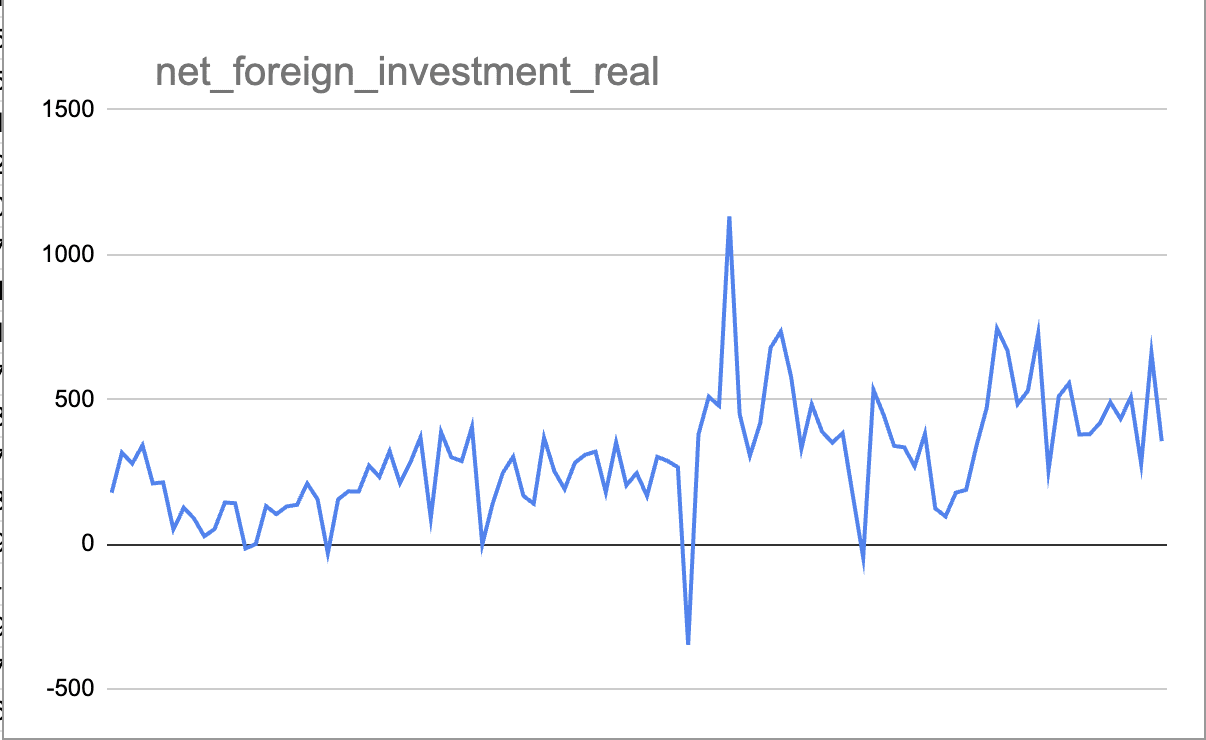without minding the effects on everyone else
seems like a job for Pigouvian taxes
datapoint: this was my exact argument for not learning to vibecode (after working as a programmer for 10 years and quitting 9 years ago). Last month was when (I noticed that) vibecoding (had) crossed the threshold where it quickly paid off the time I put into it, and that was with private tutoring from someone who'd been on the cutting edge for >1 a year.
I'm not sure if this supports your argument (because I do think any time I put into learning to vibecode before the recent transition would have been wasted) or counters (because this is the month things transitioned).
I'm working on a piece for Asterisk magazine on how biohackers (broadly defined) think about risk. Are you interested in being interviewed? Do you know someone who is? I'm taking a very broad definition of biohacker (self-medicating to save money counts), but some people I'm especially interested in talking to are those who:
- biohack for its own sake- no one needs magnets in their fingernails, but you want them.
- receive treatment within the standard medical system, but playing an active role in personalizing it (e.g. trans people adjusting their HRT, diabetics figuring out their insulin dosing)
- strongly prefer herbal to allopathic medicine
- the aforementioned driven-to-self-medication by financial constraints
- people who chronic mystery illnesses
- Use peptides besides GLP-1s (love you guys but GLP-1 users were by far the easiest to find)
relevant past work of mine:
- Church Planting: When Venture Capital Finds Jesus
- Luck based medicine: my resentful story of becoming a medical miracle
pseudonymity is fine, happy to answer other questions. You can reach me by email at elizabeth@acesounderglass.com
Measles causes immune amnesia, which sets your immune system back 2-5 years. You'd need to follow people for years to know what the true cost was.
TBC I agree with you that becoming president was more complicated than win the dam, win the day. But that more complicated story is still much less complicated than I expected it to be.
I'm not sure if you're disagreeing with my point (that Johnson's rise had fewer moving parts than I expected) or just sharing an additional interesting fact.
what % of credit would you assign to Brown and Root, Sam Rayburn, and Richard Russell?
After reading volume 1 of Robert Caro's biography of Lyndon Johnson, I'm struck by how simple parts of (Caro's description of) Johnson's rise were.
Johnson got elected to the House and stayed there primarily because of one guy at one law firm which had the network to set state fundraising records, and did so for Johnson primarily because of a single gigantic favor he did for them[1].
Johnson got a great deal of leverage over other Congressmen because he was the one to realize Texas oilmen would give prodigiously if only they knew how to buy the results they wanted, and he convinced them he was the only reliable source of advice on how to do so (which he could get away with partially because the man they truly trusted, Sam Rayburn, lent his credibility to Johnson instead of leveraging it himself).
If this story was a movie, or a book shorter than 3000 pages (and counting) I would be sure it had been simplified for run time. I'm not ruling that out. But other parts of the book are more complicated than this, so I have to consider that politics can be simpler than I thought.
- ^
I'm sure he did other favors for them and their clients over the years, but as presented the relationship was set when he rescued New Deal funding for a dam.
I got a little ambitious and normed the data by value of dollar, relative to 2006Q1. 2025 looks even less exceptional than it did in nominal terms

and the alternative minimum tax... and whatever the new thing is...